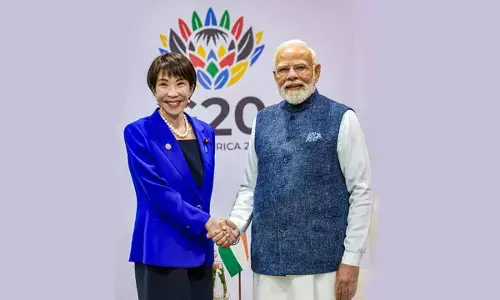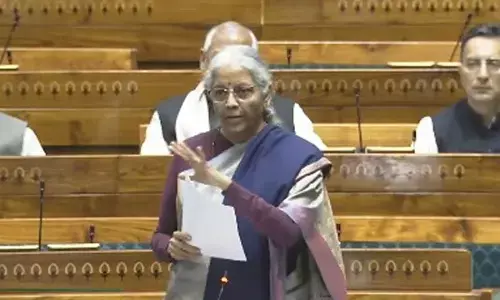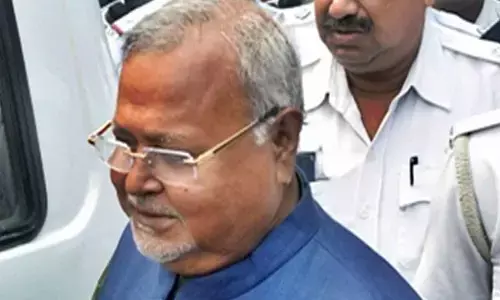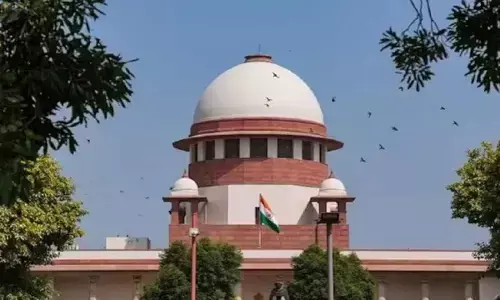Solution eludes inter-state border rows
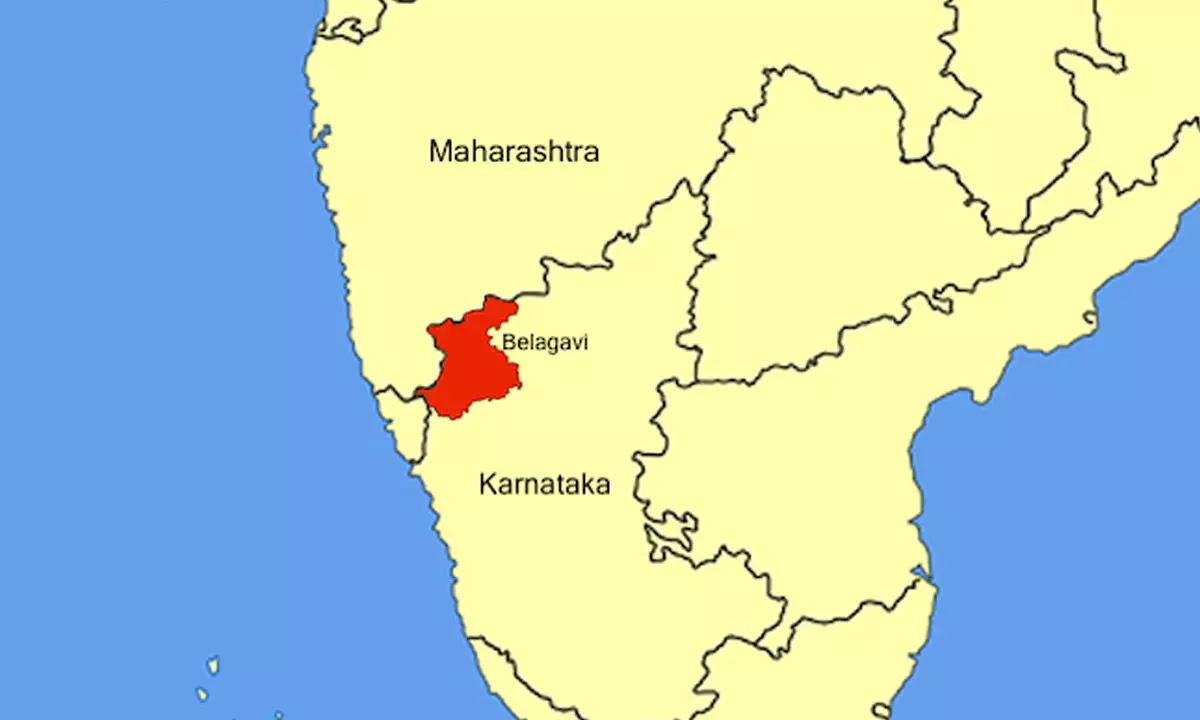
Solution eludes inter-state border rows
The Maharashtra-Karnataka border dispute has once again flared up – as usually by the politicians seeking to score brownie points in their domains.
The Maharashtra-Karnataka border dispute has once again flared up – as usually by the politicians seeking to score brownie points in their domains. This time around it is Basavaraj Bommai, the Chief Minister of Karnataka, who accused the Maharashtra government of provoking Maratha sentiment against the Karnataka sentiment. He said the provocative statement of the Deputy Chief Minister and his fellow party leader, Devendra Fadnavis, has precipitated public sentiments in Karnataka against Maharashtra. Bommai's stand that his government is considering passing a resolution by some villages in the Jat Taluka of Maharashtra's Sangli district seeking a merger with Karnataka has pushed Fadnavis to a corner to claim that not a single village of Maharashtra would be ceded to Karnataka.
These disputes are not uncommon in our country and most of these have their origins rooted in the past. Reorganization of States on linguistic lines was not done scientifically and this has led to several movements for separate statehood in the past in several regions. Throughout we find some restlessness or discontent over the identities and these never die down because of political leaders and their vested interests. Border disputes of Northeast India mainly include inter-state conflict between Assam–Mizoram, Assam–Arunachal Pradesh, Assam–Nagaland and Assam–Meghalaya. The disputes, including clashes between rival police forces, have resulted in the loss of life, livelihood and property. The border disputes in some cases are part of the larger national (separatist), sub-regional and ethnic conflicts, as well as criminal enterprise fuelled. This internal land conflict in the districts of the northeast are part of the 322 districts affected by ongoing land conflicts out of a total of 703 districts in India.
Several peace accords have been signed by the Centre with various groups, yet, a permanent resolution eludes the region. Similarly, disputes between Telangana and Andhra Pradesh continue despite the 2014 bifurcation. AP and Maharashtra have issues and AP and Odisha too have problems. Punjab and Haryana are at logger heads. Conflicts over land can have deep and far-reaching implications for the well being, development, and identities of communities. Tribals in the country are living in constant conflict with law due to the so called developmental programmes and ingenious ways adopted by the forest contractors, land grabbers and plainsmen designs. A second type of land conflicts permeate rural and urban areas across all Indian states.
Resolving land conflicts in India's developing economy is essential to reducing inequality and the inequities that an isolated focus on growth can exacerbate. Land Conflict Watch (LCW) has investigated the reasons for, and the impact of, land conflicts across the country over the last three years. The report which came out in 2020 states that LCW had identified 703 ongoing land conflicts; more are being reported every week. These 703 conflicts impact over 6.5 million people, 2.1 million hectares (ha) of land, and locked-in investments amounting to over 13 trillion. Most of these conflicts were triggered by infrastructure related projects and many involve common lands and not just private lands. Of course, this one is different from the political disputes of the States. An end to all such conflicts could be evolved only if our political parties are sincere about it and think on nationalistic lines. But, that is too much demand from them. After all, our politicians only emulate the Britishers who believed in divide and rule policy!








